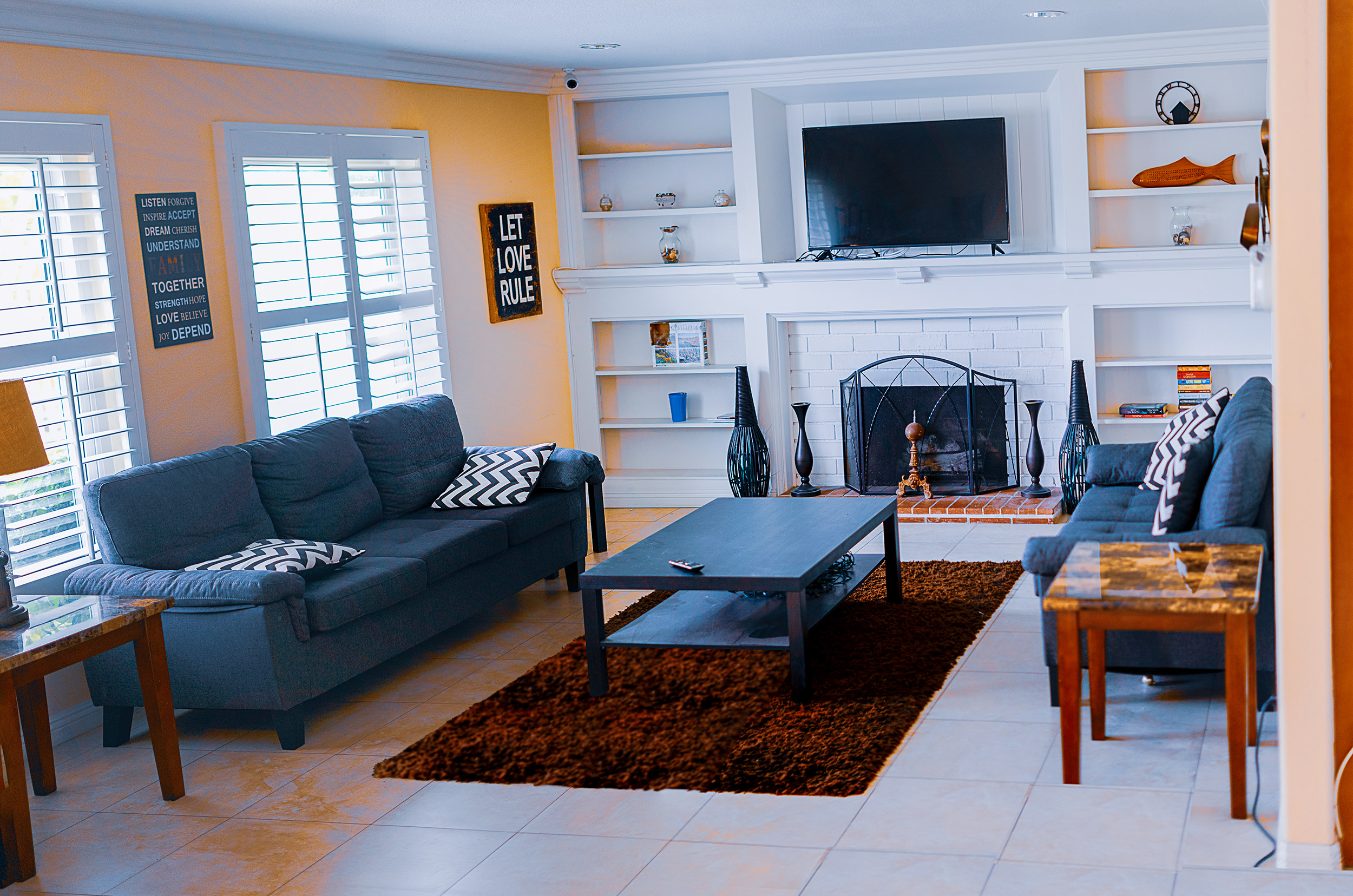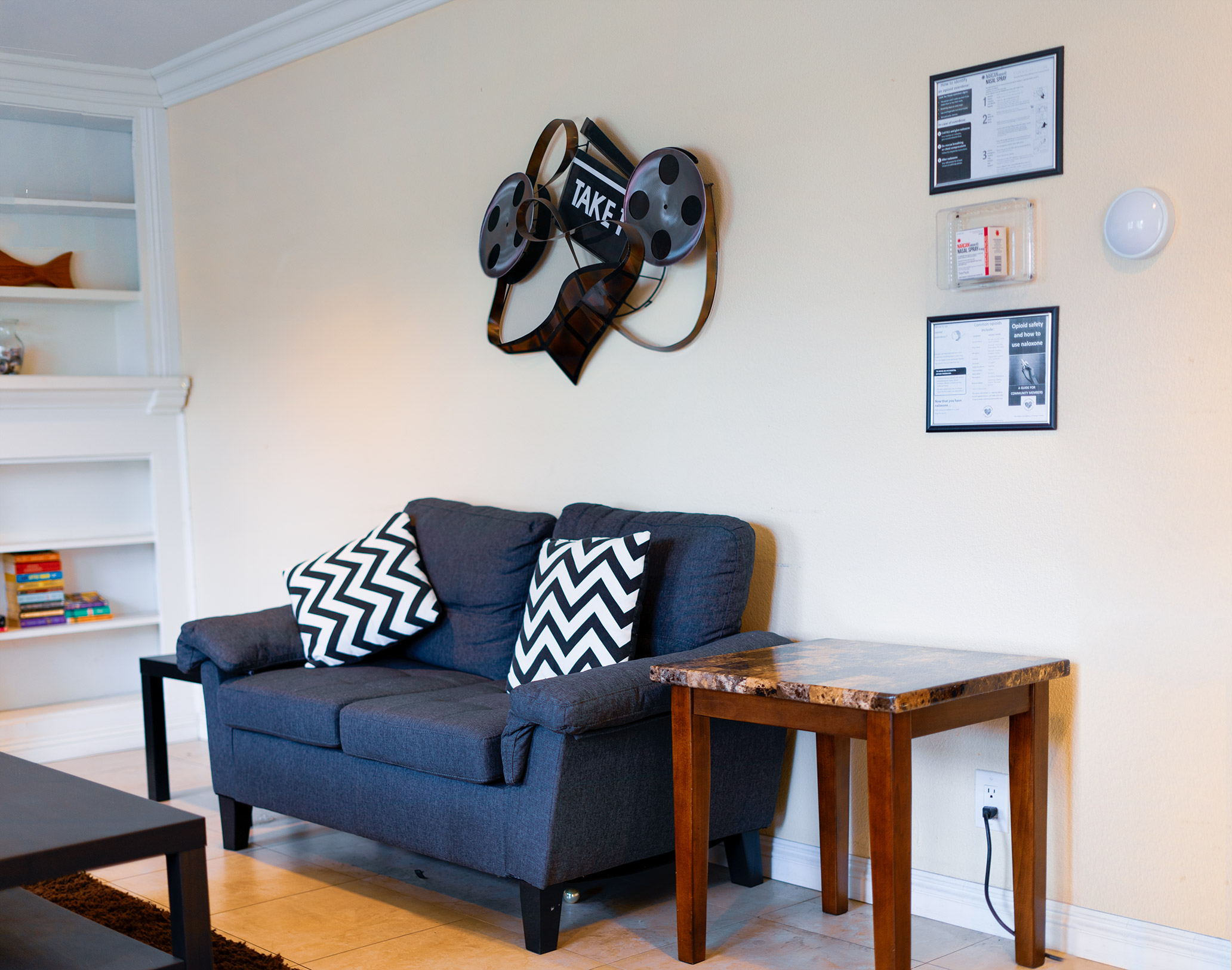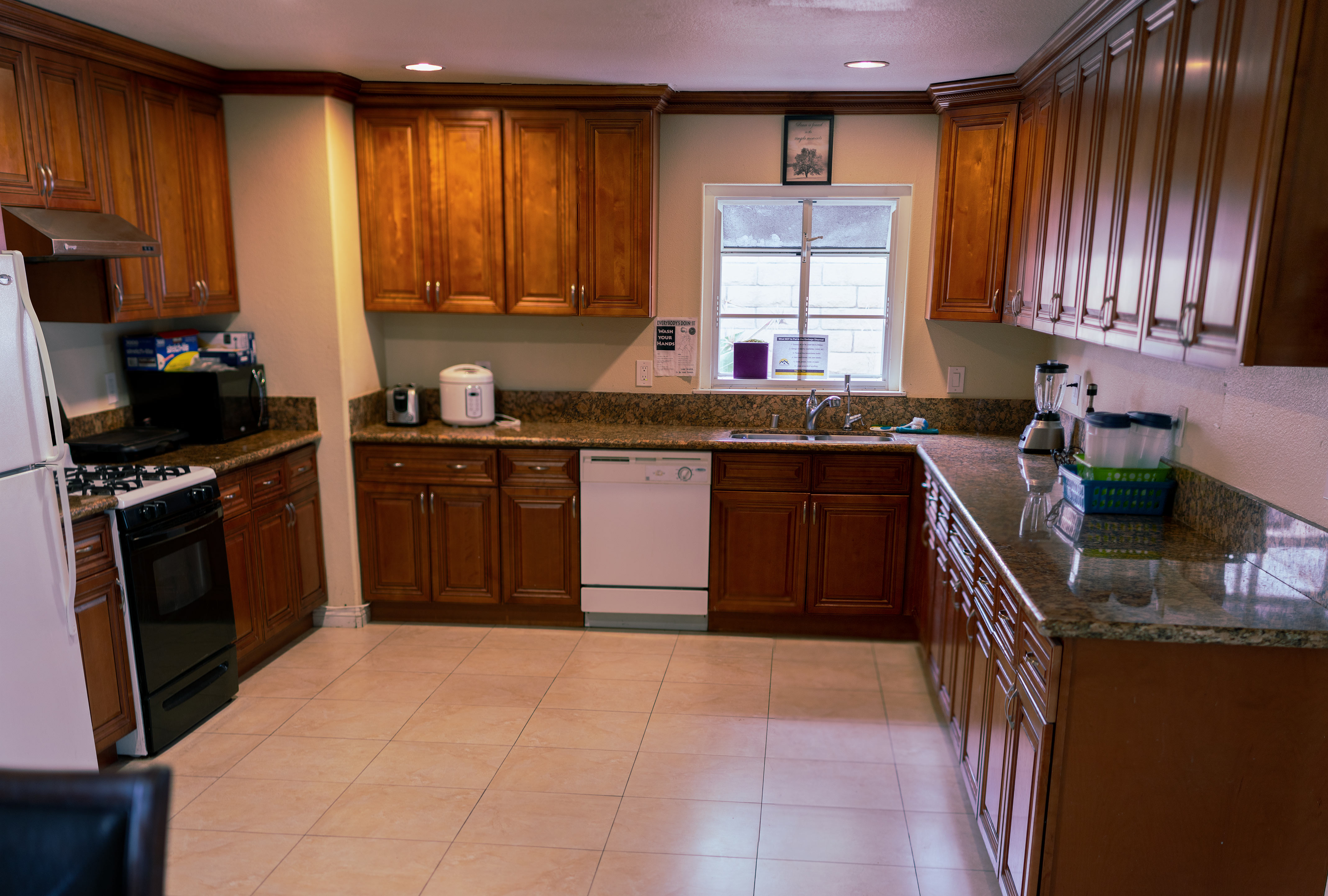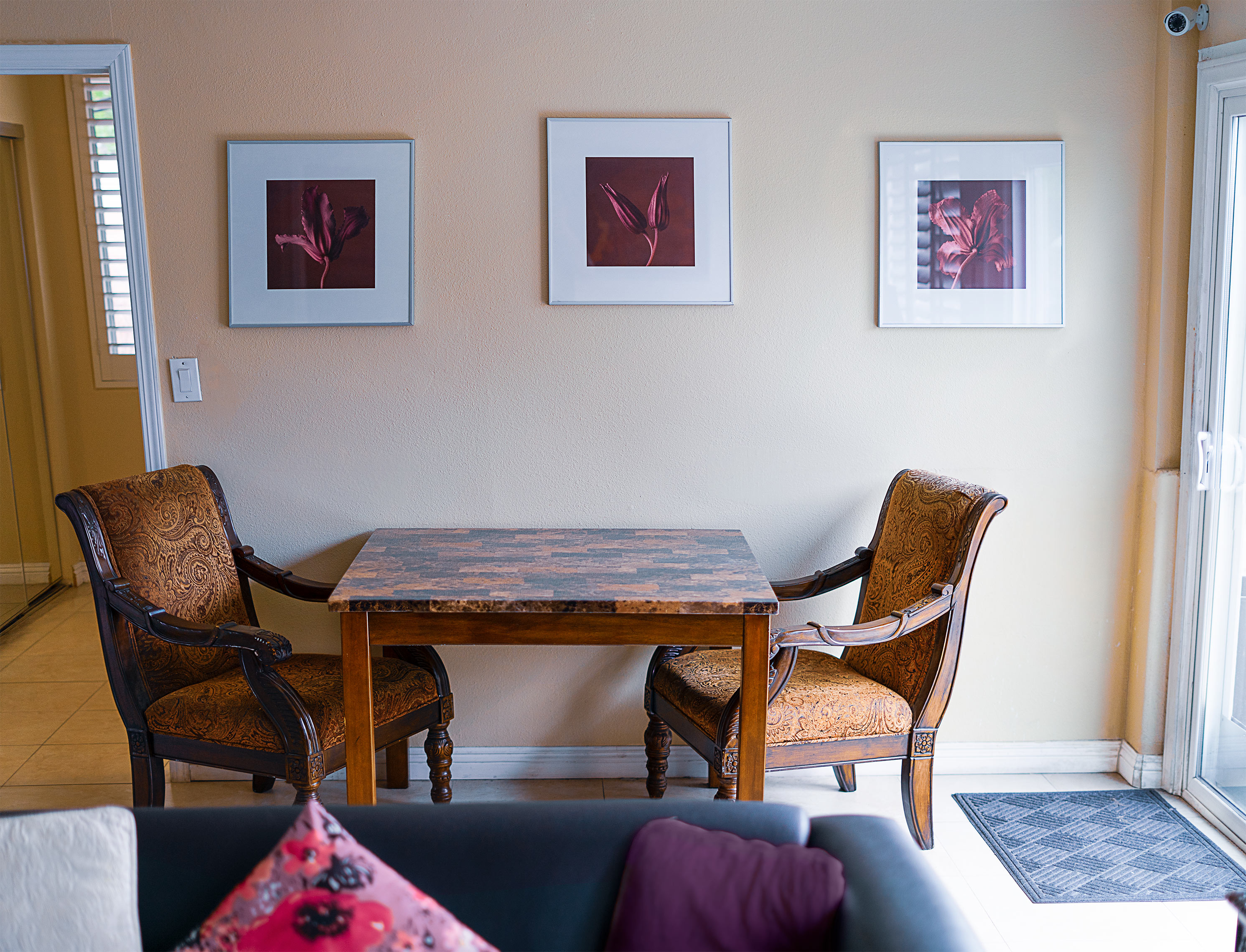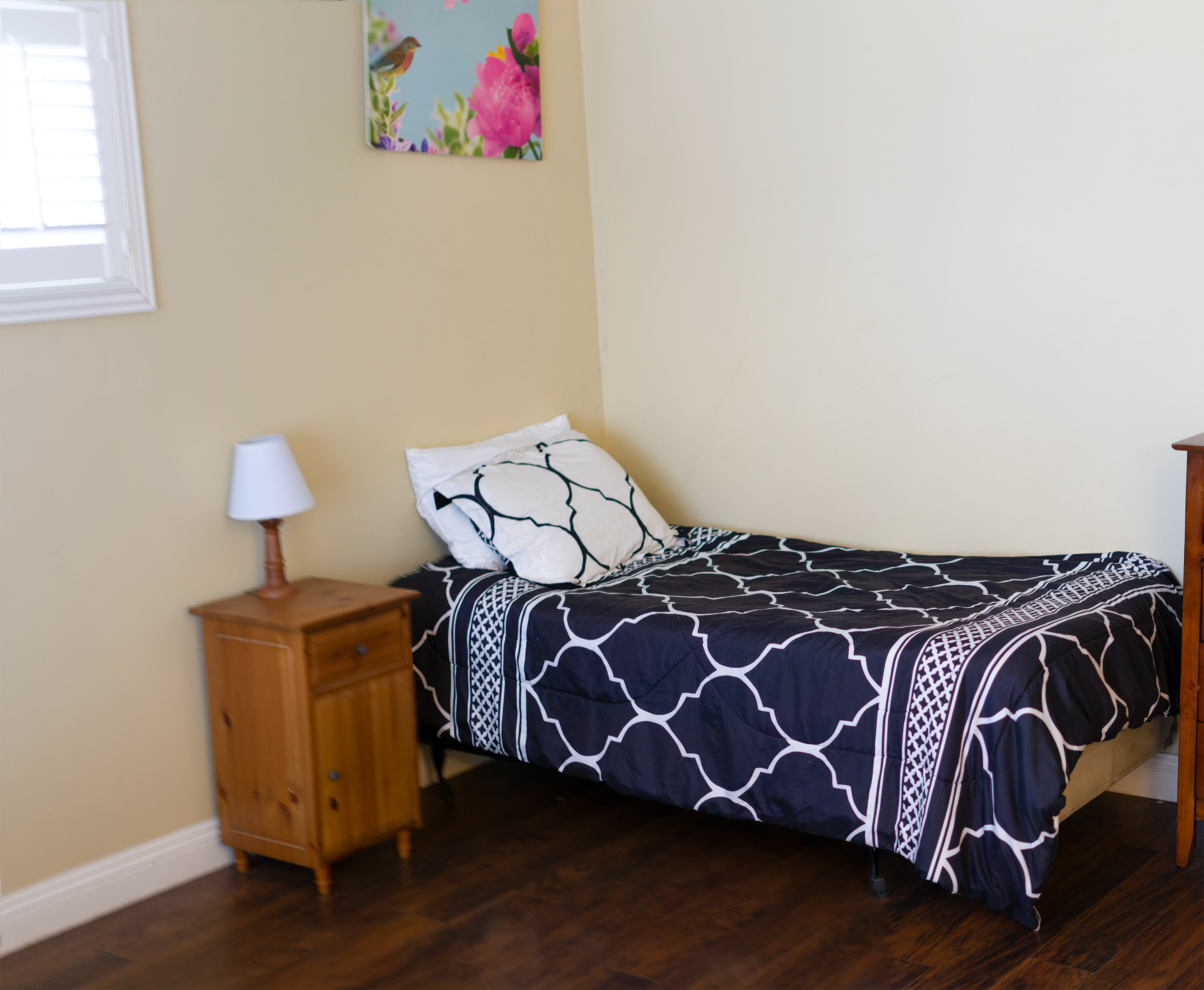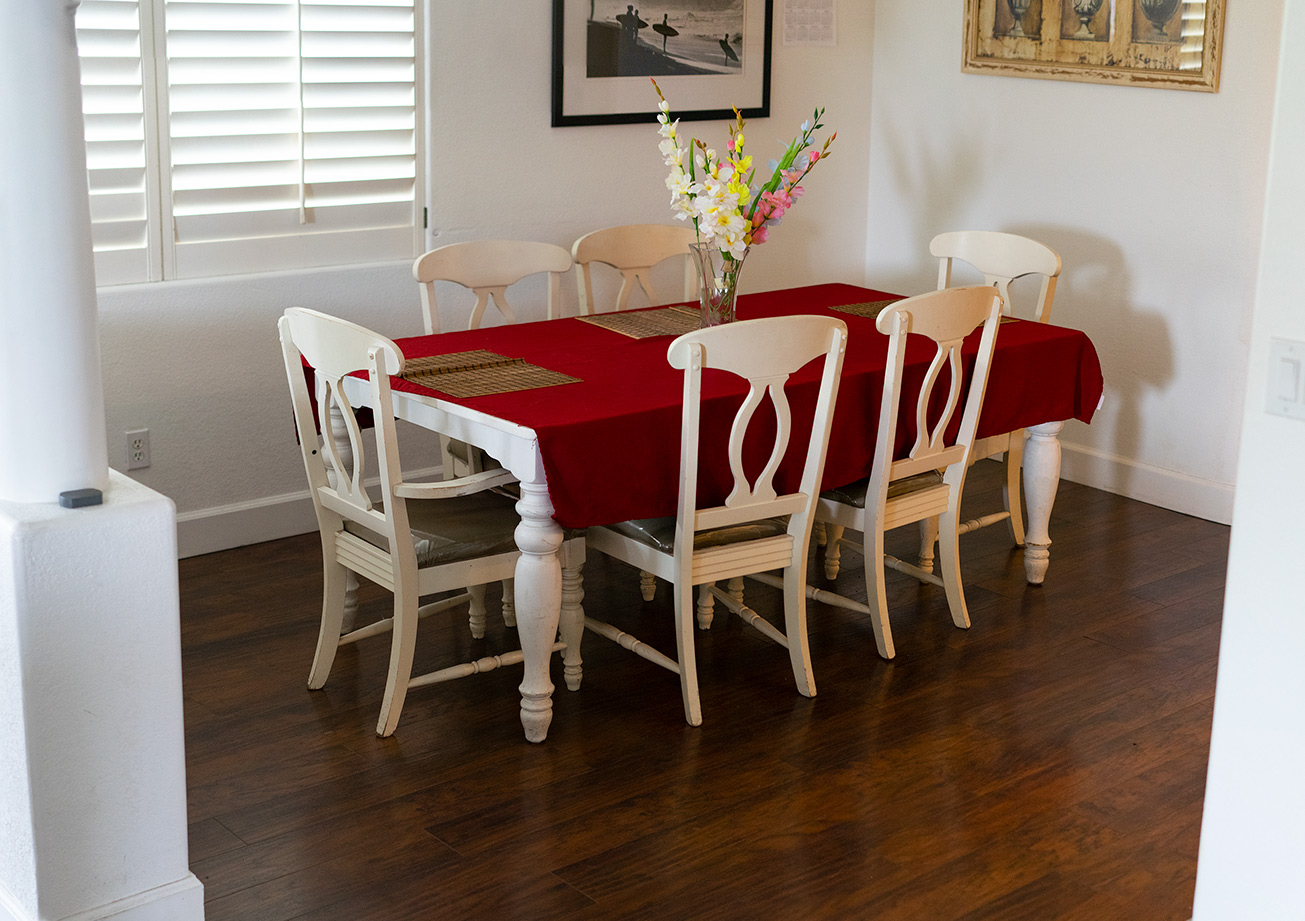StepHouse and Sober Living in Orange County
We use the Florida Model treatment where the residences and treatment facilities are separate. Living in a residence during rehab helps clients readjust to a real-life environment and they can develop life skills.
One of the major factors of success was the community of support—from the house managers and supervisors to fellow addicts in recovery—that was established in the early days of a sober living Orange County residence stay. The sober living Orange County setting and peer-supported system at StepHouse Recovery Center is the medium between inpatient care and the return to the ‘real world’.
We help ease the changeover by allowing the individual to acquire and implement the necessary skills to function outside the care of a clinical environment. With drug or alcohol rehab, allow us to help bridge the gap between intensive therapeutic environments and long-term abstinence upon discharge.
Beautiful and Convenient Locations
Many of our spacious homes are just minutes away from the world-renowned Orange County coastline and are within walking distance to major shopping plazas and convenience stores. All of our houses provide the luxury and comfort of a home and are in a therapeutic environment offering 24-hour / 7 day a week structured supervision with peer-supported networks.
Great Sober Living Homes
If you are looking for a drug or alcohol rehab center or a sober living home in Orange County California, our immersive inpatient treatment program offers separate locations for both men and women in some of the best areas of Southern California.
Sober Living Amenities
All of our residential sober living Orange County homes are modern and spacious, featuring a wide array of amenities and activities for round-the-clock care and support, including:
What to bring
When packing for rehab, it’s important to know what items your treatment center prohibits and what you’re allowed to bring. Most treatment centers have very strict policies about what you can and cannot bring with you to treatment.
There is usually a recommended packing checklist and a list of prohibited items. Most Treatment centers allow you to bring all of the necessities; and, all the policies on bringing extra items vary by each center.
Packing for rehab can be easy! Just follow your center’s policies and ask questions if you’re unsure about an item. As a general rule, try to pack light and keep it to the necessities.
As soon as you arrive at rehab you will need to check in and begin the admissions process. Your bags will be inspected to ensure safety and to make sure that no prohibited items are brought in; and, to make sure that you don’t leave anything behind when you leave.
Recommended items
We recommend that you bring the following items; but, please, beware that each rehab’s policies are different and some are stricter than others.
A list of names, addresses, and phone numbers of those you wish to have involved in your treatment.
Jewelry that you wear every day and consider to be a necessity, like your wedding ring, a watch or medical I.D. tag.
Your current prescription medication in the original pharmacy bottle with the information label intact; as well as a list of all of your medications and dosages.
A small amount of cash or a pre-paid card.
Your insurance and identification card.
Stamps and envelopes for mailing letters.
Pictures of your family and friends.
Your rehab will likely provide reading materials for you, but if you want to bring your own, they should be appropriate.
What NOT to bring
Dress Code & Personal Hygiene
Most rehabs have a very strict dress code. Be sure to pack for the weather. It is wise to pack layering options, like T-shirts, sweaters, cardigans, and jackets; and, keep in mind that your room may have space limits and try not to bring too much. Since you should have access to a laundry machine at your center, a week’s worth of clothing should be sufficient.
Be sure to bring comfortable, weather-appropriate clothing, including comfortable shoes for everyday wear, tennis shoes for activities and sports and flip-flops for the shower. If you chose to bring tank tops, make sure you also pack cardigans to wear with them to comply with your center’s dress code. Be sure that your pants and shorts are a certain length to comply with your center’s dress code.
You should also bring one or two “dressy” outfits for special occasions. Also bring socks, undergarments, pajamas, slippers, a bathing suit, a bathrobe, a coat/jacket, a belt, and a hat.
All toiletries and beauty products cannot have alcohol listed in the first three ingredients and cannot contain aerosol. Be sure to bring thirty days worth of toiletries and beauty products, such as: deodorant, toothbrush and toothpaste, shampoo and conditioner, hair styling products, a comb/brush, feminine hygiene products, shaving cream, lotion, sunscreen and makeup.
Making your room more comfortable
You may be allowed to bring your own bedding, pillows and other items to make your room more comfortable. Make sure to double check with your rehab before packing any of these items.
If you arrive at your center and realize you’ve packed something prohibited, don’t worry! Most rehabs will send prohibited items home with the person who brought you to the center. Others will hold your items for 24 hours until someone comes to pick them up. In some cases, your center may store the items for you until you leave.
If you’re traveling by plane to get to your center, chances are you won’t have a loved one with you when you’re admitted to take items home. We recommend that you call your center before you leave home to double check their policies.
Other things to consider
- Three meals a day, snacks and beverages will be provided to you during detox and RTC levels of care ONLY. If you have special dietary needs, notify your rehab before you’re admitted.
- Each treatment center has their own policies, so some rehabs may prohibit an item that’s okay at another. If you are ever unsure about what to bring, contact the rehab center to ask. While many things are prohibited across the board, the following may be allowed at some facilities:
- Cell Phone & Laptop: If your program allows these items, you will likely only have access to them at certain times based on program rules.
- Cigarettes: If you smoke, some facilities will allow you to bring cigarettes. Smoking is to be in designated smoking areas only.
- Vitamins: Vitamins and over the counter medications may be allowed, if new and unopened. However they need to be kept with facility staff locked & stored away for safekeeping purposes.
- Music Playing Devices: Devices without internet access or speakers are usually allowed; and some centers allow cameras that are not internet capable.
- Razors: Razors can be dangerous, so some centers prohibit them completely. However, more often than not, disposable razors may be allowed. Upon usage of razors it is to be stored away in your personal assigned space away from others.
- Nail Clippers: Nail clippers are banned at some centers, but not all. Upon usage of nail clippers they are to be stored away in your personal assigned space away from others.
